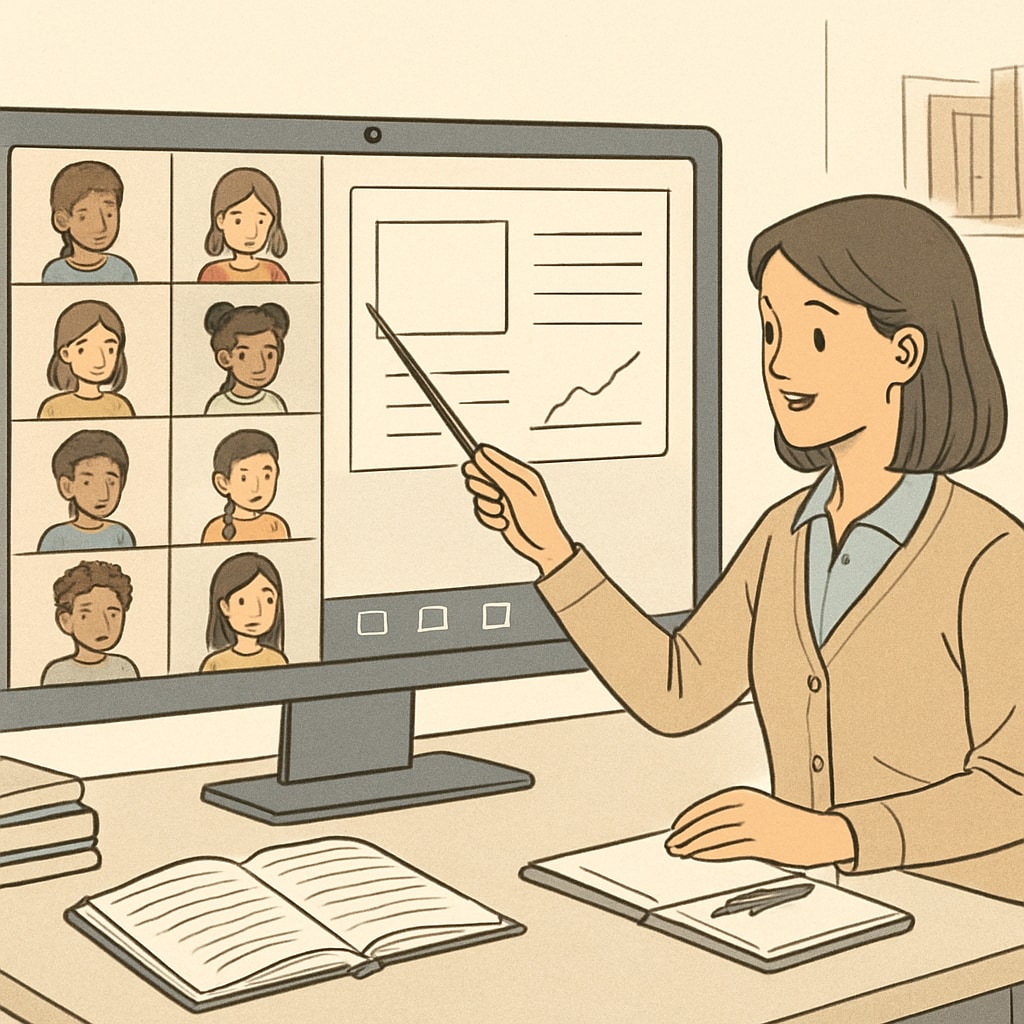In recent years, online public education has emerged as a viable choice for families seeking greater flexibility and quality in their children’s schooling. Parents are increasingly drawn to this option for various reasons, including personalized learning opportunities, the ability to balance family life, and better support for students with special needs. As education choices continue to diversify, understanding the deep-seated motivations behind this trend becomes essential in shaping future educational policies and programs.

Flexibility and Family Balance
One of the most cited reasons for choosing online public education is the flexibility it offers. Unlike traditional brick-and-mortar schools, online education provides families with the freedom to tailor their schedules to suit their unique needs. This can be particularly beneficial for families with parents who work unconventional hours or children involved in extracurricular activities such as sports or arts.
In addition, online learning allows families to spend more time together. Parents can play an active role in their child’s educational journey, fostering stronger bonds and enabling a hands-on approach to learning. For many, this balance between education and family life has become a critical factor in making the switch to online public schools.
Personalized Learning for Diverse Needs
Another powerful motivator for parents is the ability to access personalized learning solutions. Online public education often leverages advanced digital tools and platforms to cater to the individual learning styles and paces of students. This customization ensures that children can progress at their own speed, mastering concepts before moving on to more challenging topics.
For example, students who excel in certain subjects can advance quickly, while those who require additional support can receive targeted interventions. This adaptive approach not only boosts academic performance but also enhances student confidence and engagement in their studies.

Support for Special Education Needs
Online public education has also gained traction among parents of children with special education needs. These programs often integrate specialized resources, such as individualized education plans (IEPs) and dedicated support staff, to ensure that every student receives the guidance they require. Furthermore, the virtual format can reduce sensory overload and provide a more conducive learning environment for students with conditions such as autism or ADHD.
In addition to academic support, online education platforms frequently offer social and emotional learning (SEL) components, helping students build resilience, self-awareness, and interpersonal skills. This holistic approach addresses the unique challenges faced by children with special needs, making online public education an increasingly attractive option for their families.
The Future of Online Public Education
As technology continues to evolve, the potential of online public education grows exponentially. With advancements in artificial intelligence, virtual reality, and adaptive learning platforms, the customization and effectiveness of online education are expected to improve further. These innovations will likely lead to greater accessibility and inclusivity, bridging gaps in educational equity and providing high-quality schooling to students regardless of geographical or socioeconomic barriers.
Learn more about online learning on Wikipedia
Explore education topics on Britannica
In conclusion, the motivations behind parents’ choice of online public education are diverse and deeply rooted in their desire for flexibility, personalized learning, and specialized support. As these programs continue to gain popularity, understanding these driving factors can help educators and policymakers create more effective and inclusive educational solutions.


